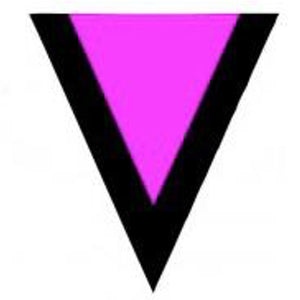
Safety, Wellness and Transformation: Ending Relationship Violence in Queer & Trans lives
“When I first came to CUAV I was being physically, emotionally, mentally and economically abused by my husband, My experience at CUAV helped me to realize that I didn’t have to be ashamed of being a survivor of domestic violence because whoever sets out to hurt anyone is responsible for their actions, not the survivor. Well, what I learned about violence is that is can happen in your life. Not wasting a lot of time being so hard on yourself, pulling yourself down, but allowing yourself the room to heal – learn from what happened – and to make better choices in the future.”- E. K., client
The Problem
Relationship violence is a prevalent issue faced by queer & trans individuals. Researched has shown time and again that relationship violence, where one person uses behaviors to maintain a pattern of power and control over the other partner, is present in between 25-33% of relationships in these communities. Relationship violence compounds the sense of isolation people feel within queer & trans communities because of heterosexism and hate violence experienced at home, work, school, the streets, hospitals and other spaces. For queer & trans people who are also part of other marginalized communities (immigrants, people of color, youth, elders, disabled folks, poor people) that sense of isolation can be compounded further. CUAV understands relationship violence can look different in each relationship. Barriers to support exist for queer & trans survivors: mis-arrests are a common occurrence (survivor arrested, or both); the myth that a woman can't be abusive persists, the myth that men can't be raped by a partner persists. CUAV serves queer & trans persons dealing with relationship violence and hate violence, particularly low-income and immigrant people of color—the most vulnerable to violence and most under-resourced—are the chief beneficiaries of our work. Our services, trainings, and community-building activities provide life-affirming and often life-saving alternative to the abuse and violence that our constituents experience on a daily basis. Our work ensures that every year some of the most vulnerable members of our communities have the support and skills they need to find safety and healing.
The Solution
CUAV works to build the safety of Queer & Trans populations by providing supportive environments, effective outreach, accessible and relevant tools, skills-building projects & curriculum focusing on the safety and wellbeing of these communities of survivors. The work seeks to support healthy relationships by providing the safe and inclusive settings in which to learn about and practice building these skills, building networks of support with other community members and survivors, and co-creating a sense of leadership and ownership of the options for how to respond to violence when it happens. CUAV supports survivors’ wellness and leadership with the following services and activities:
- Advocacy-based counseling: We provide free, bilingual, and culturally competent 1:1 counseling sessions to LGBT survivors of domestic violence using peer-based counseling, systems advocacy, and case management. Participants receive emotional support, safety planning, emergency assistance, and resource referrals.
- Drop-in & Safety Line Phone support: We provide emotional support, safety planning, and resource referrals to LGBT survivors of domestic violence over the phone and in person.
- Support groups: We hold weekly support groups for LGBT survivors of domestic violence to heal from abuse and trauma and build healthy relationships and safety using our core wellness competencies of active listening, boundary-setting, option-building, self-care, and sitting with your feelings.
- Leadership development: We provide monthly forums for participants to build their leadership as peer advocates and community organizers through political education, skills-building and personal reflection.
Planned Use Of Funds
As a non-profit organization it would best be used as general operating support. We would spend the funding to complement trainings and leadership development opportunities presented to survivors by paying for outside consultants to facilitate portions of our modules, and help to evaluate training outcomes with all program staff and program participants. We also plan to pay for administrative costs associated with general operations, such as rent and technology needs, printing materials and a portion of accounting costs. We would also like to utilize the funds to generate a comprehensive report detailing successes of our training modules and participant experiences doing the work and outreach alongside staff, and as a peer-building experience for survivors of violence. This funding would also be used to provide stipends and food for survivors participating in our training and political work.
Stage of Development
- Early Stage
- Established Prototype
- Scaling
- Other
Organization to Receive Funds
CUAV was founded in 1979 in the wake of the assassination of San Francisco’s first openly gay supervisor Harvey Milk to address violence against—and later, within—San Francisco’s diverse lesbian, gay, bisexual, transgender, and queer (LGBTQ) communities. In 1985 CUAV was the second organization in the country to receive funding to address domestic violence in the gay community, and later the broader LGBT populations. CUAV also helped to bring national visibility to violence and the LGBTQ communities through helping to found the National Coalition of Anti-Violence Projects and the SF Domestic Violence Consortium, among others later in its history.



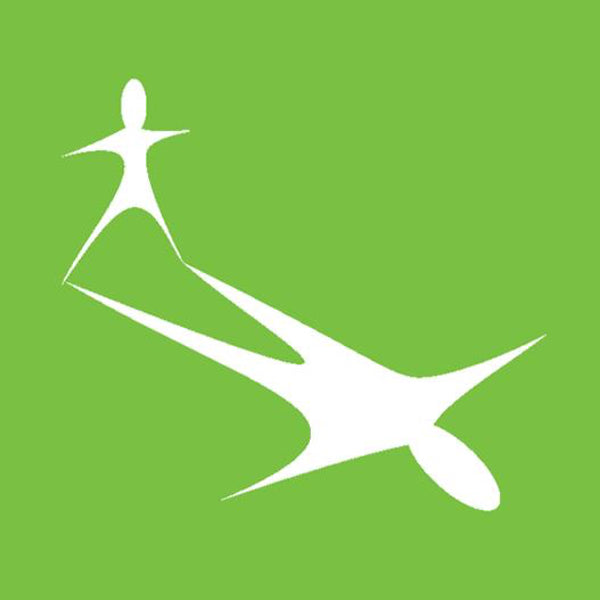
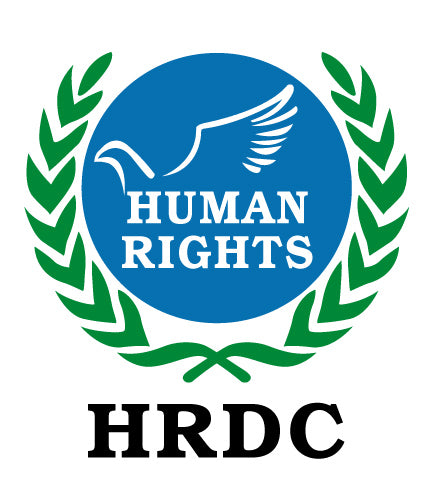
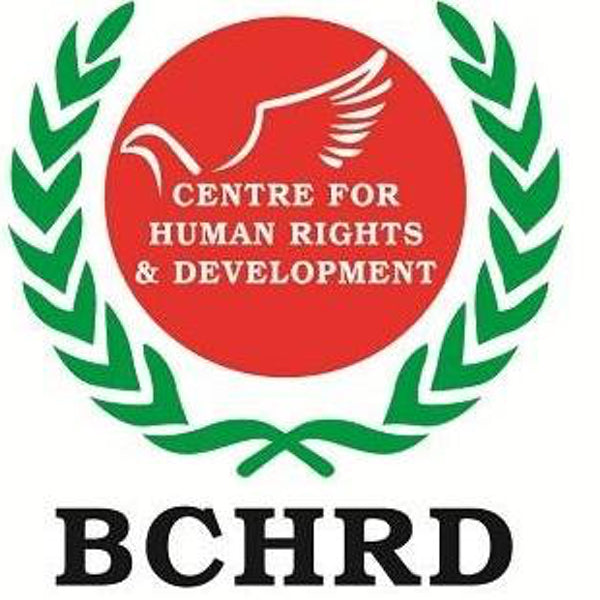
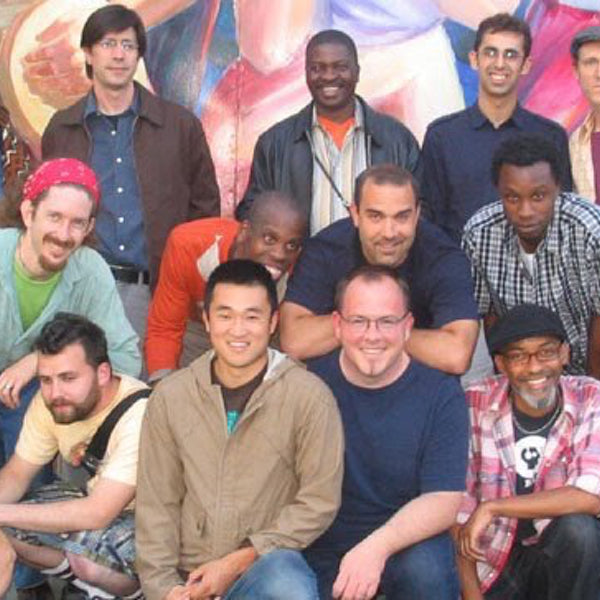
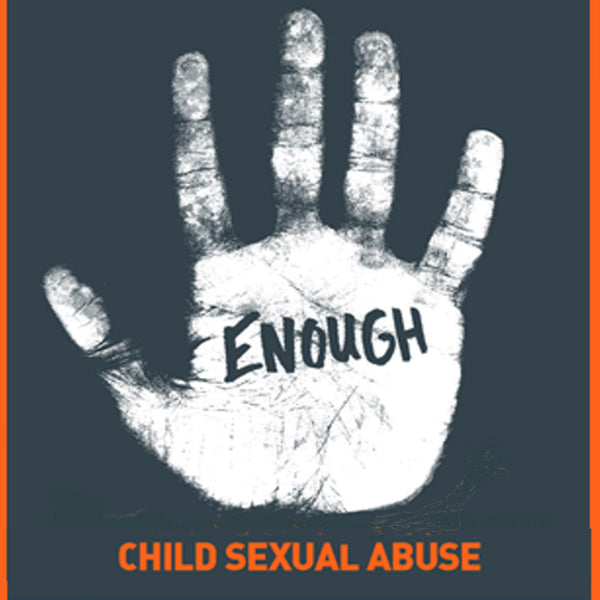
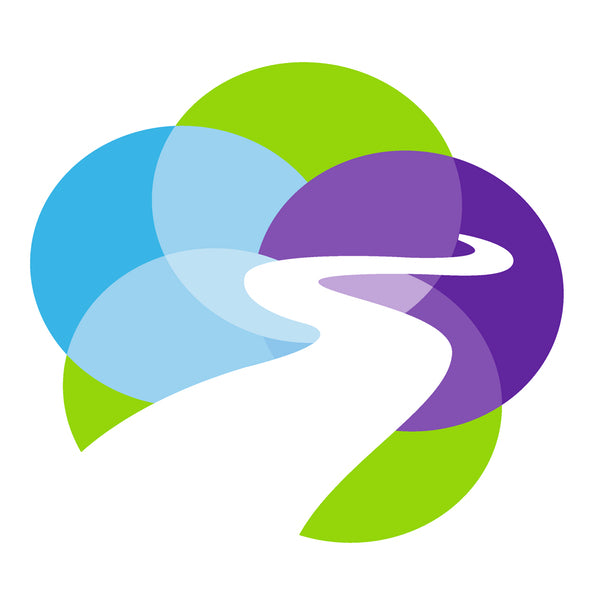
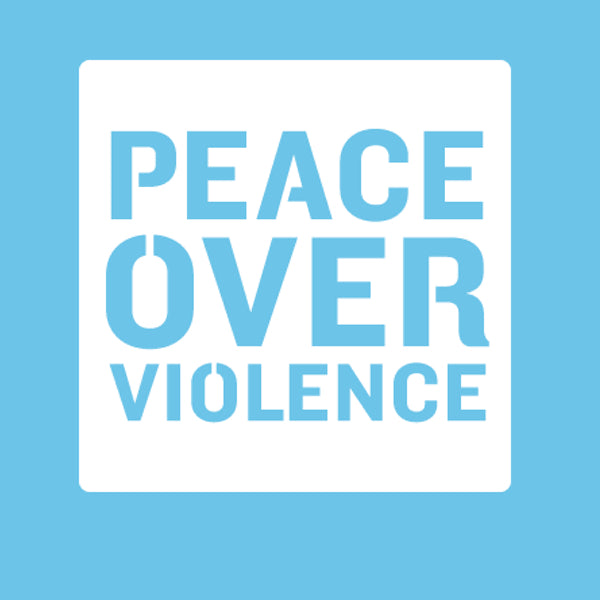
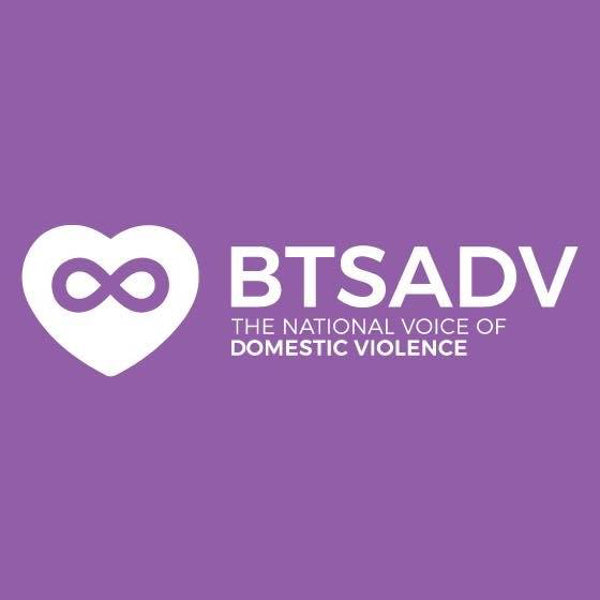
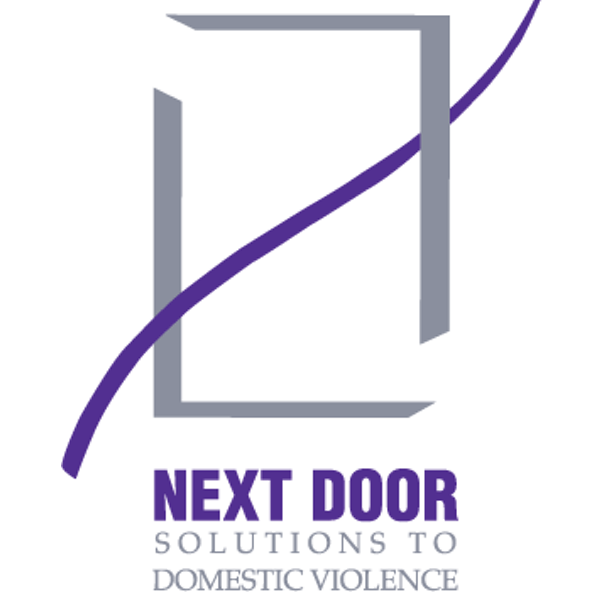
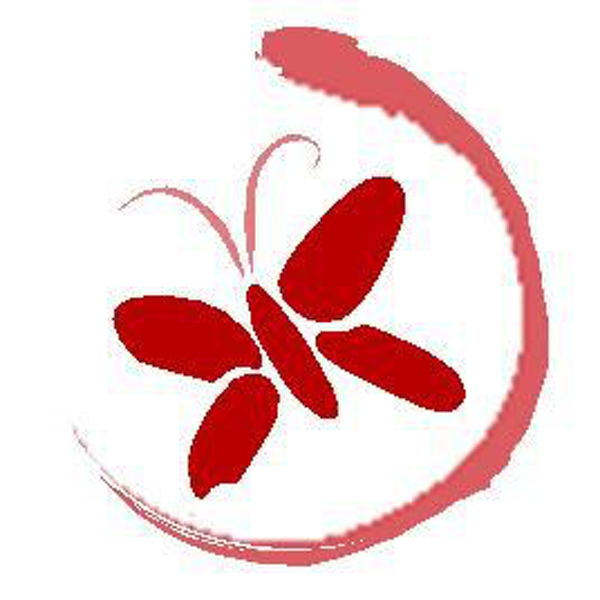
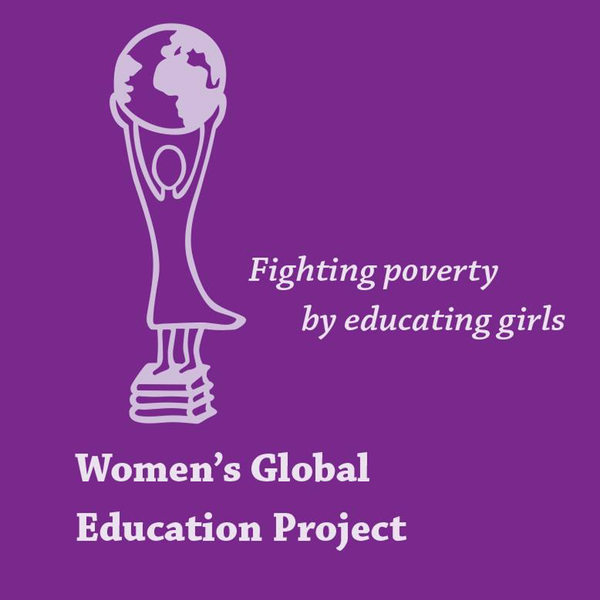
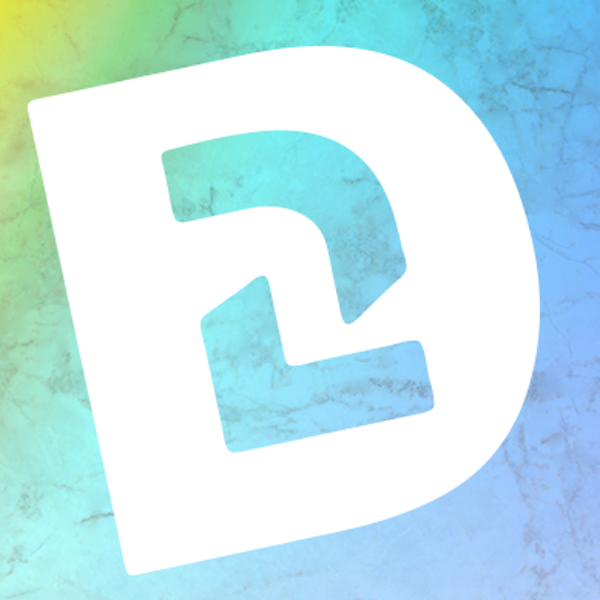
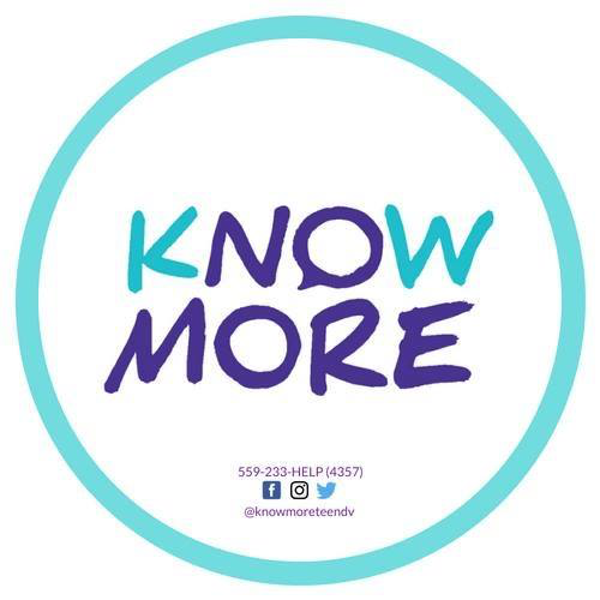
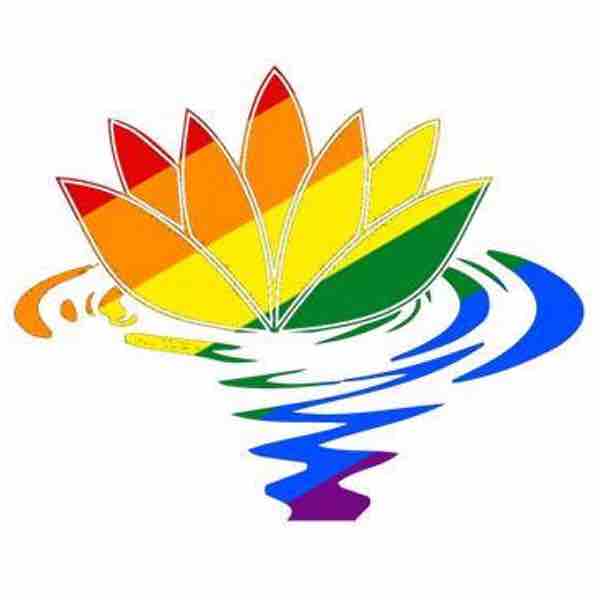
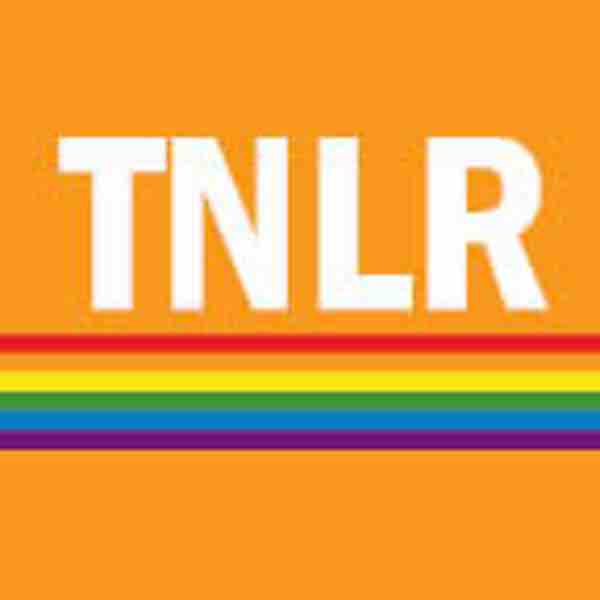
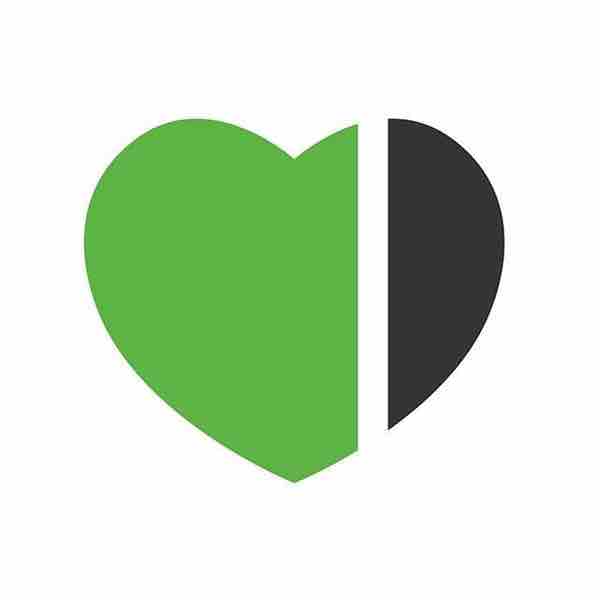
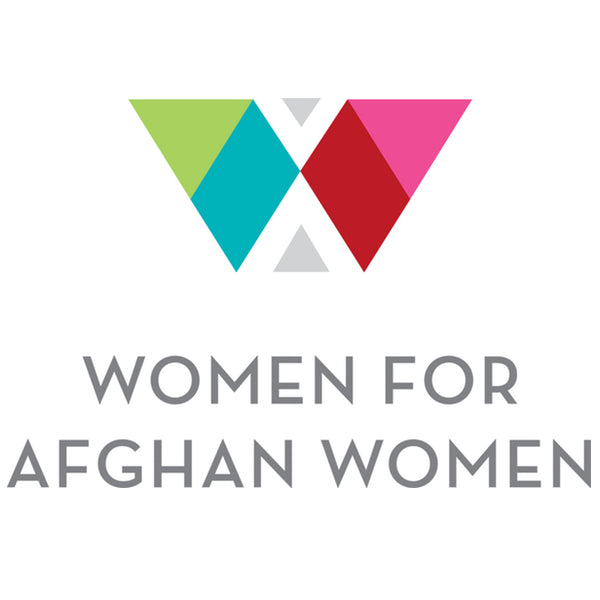
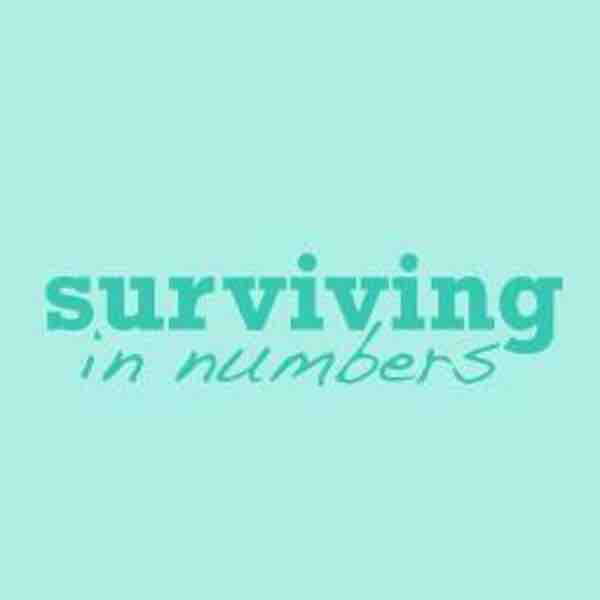
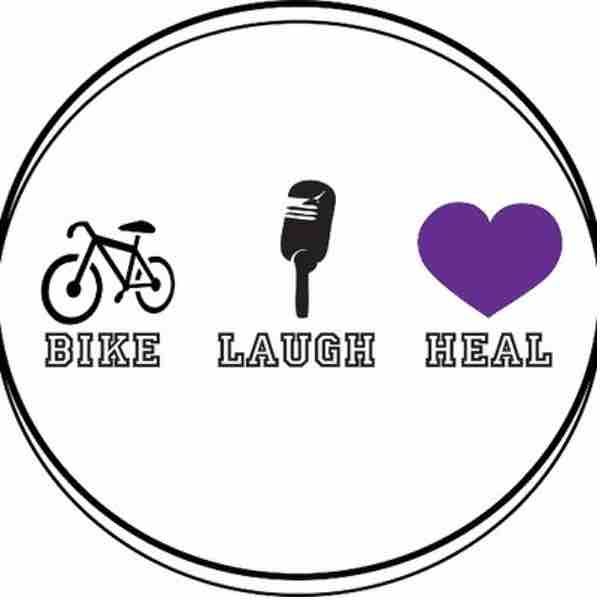
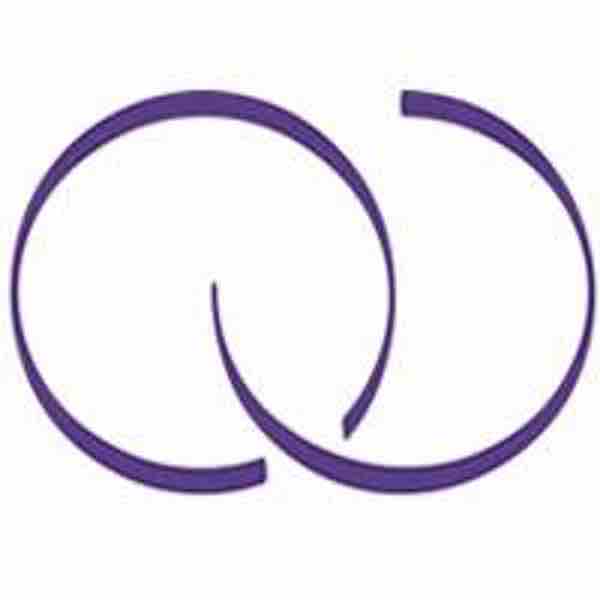
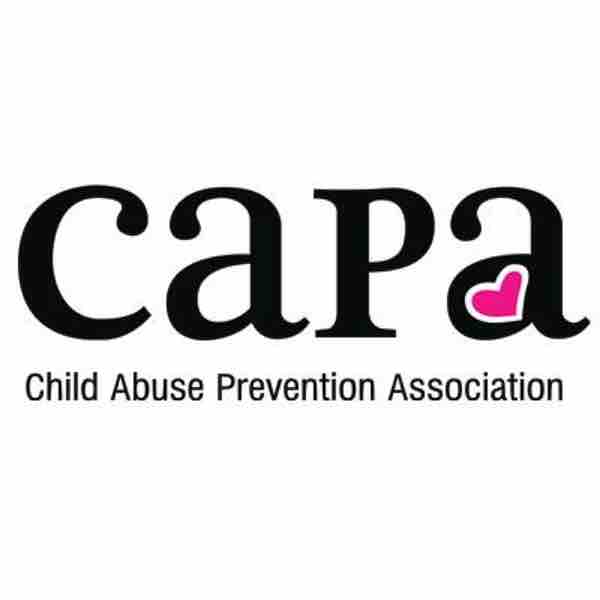
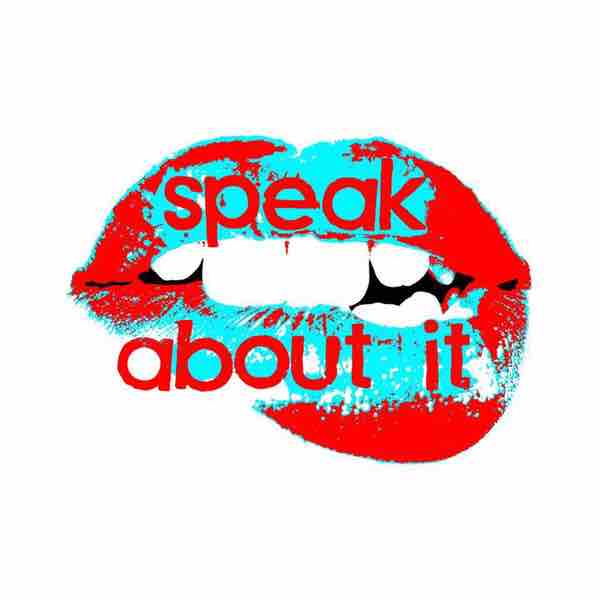
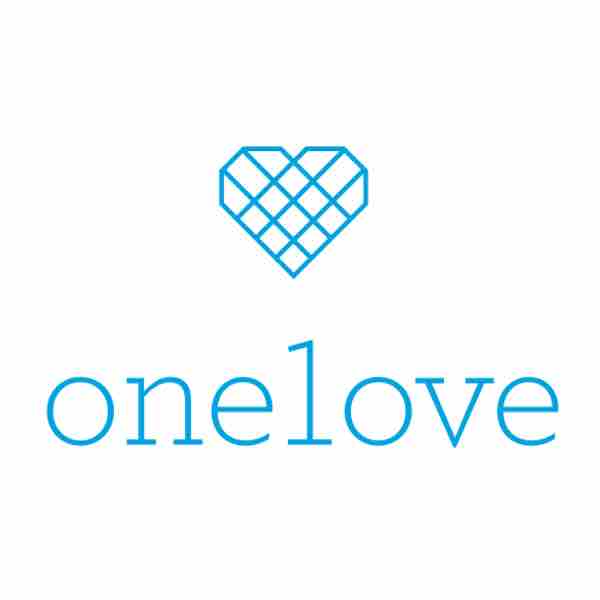
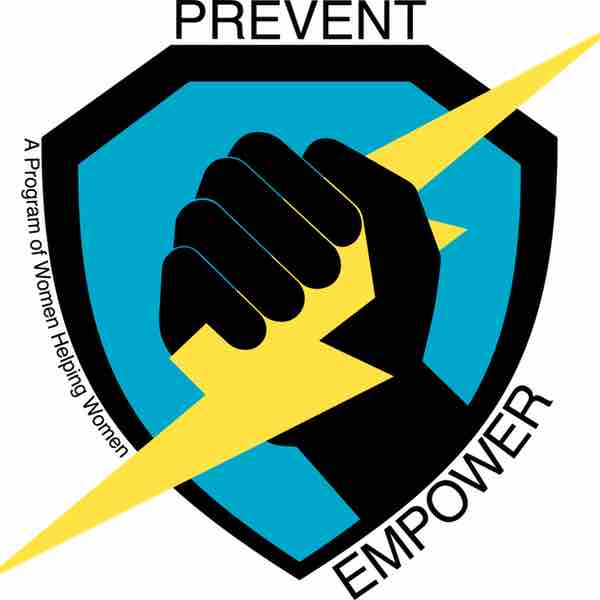
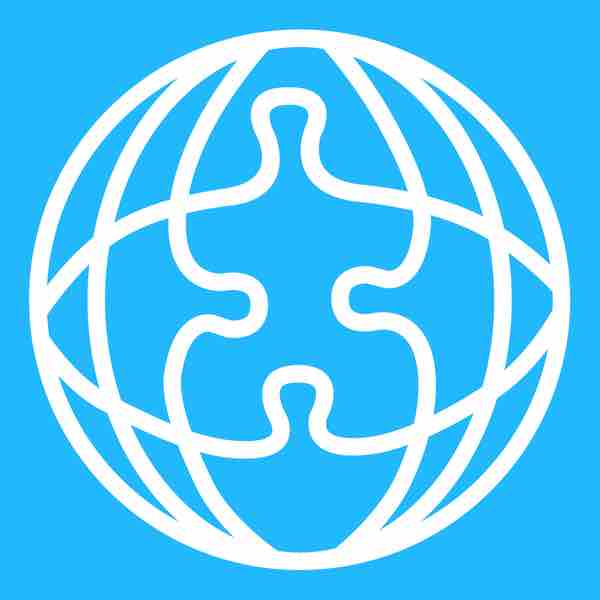
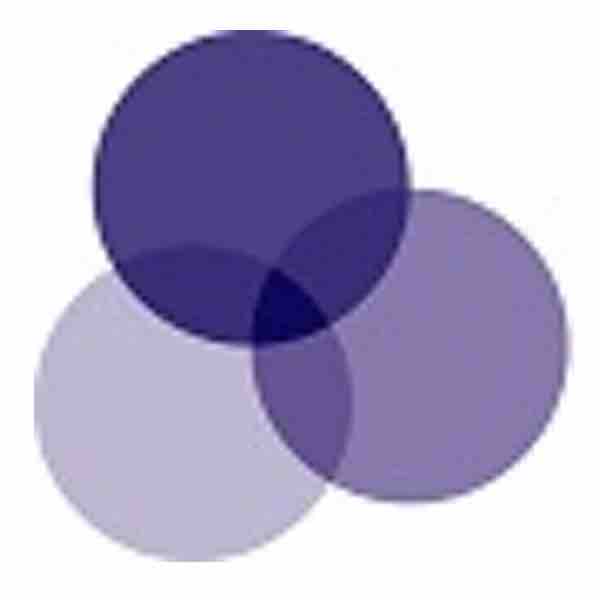
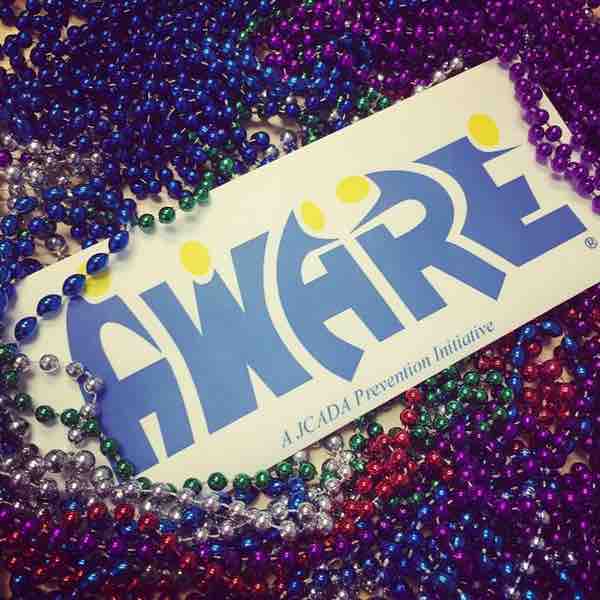
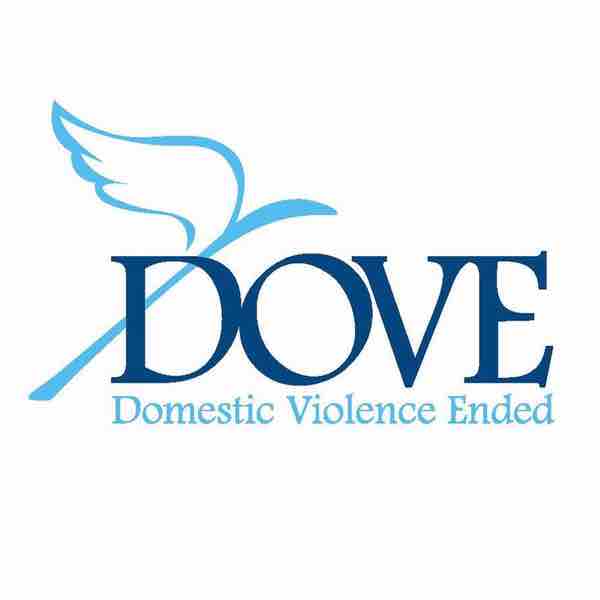
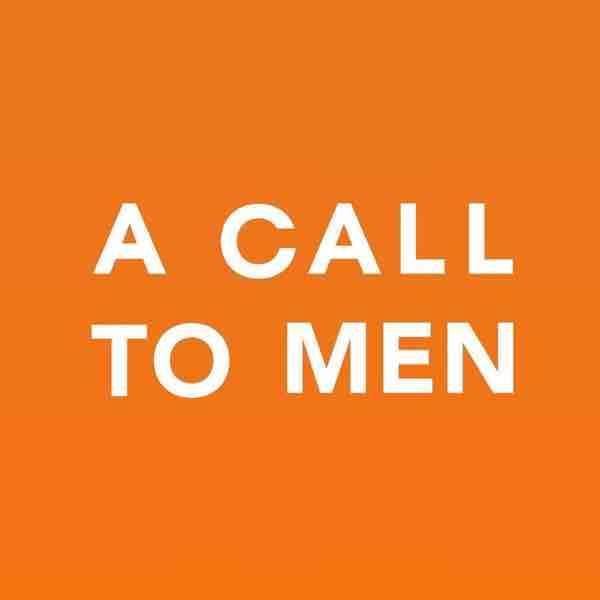
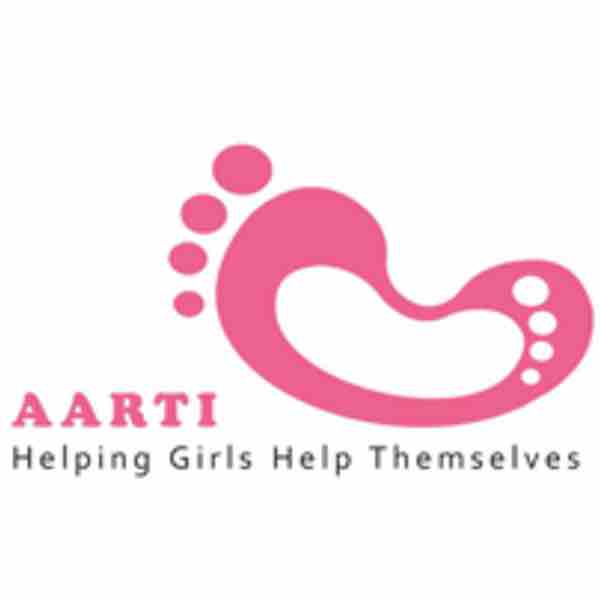
Join The Discussion